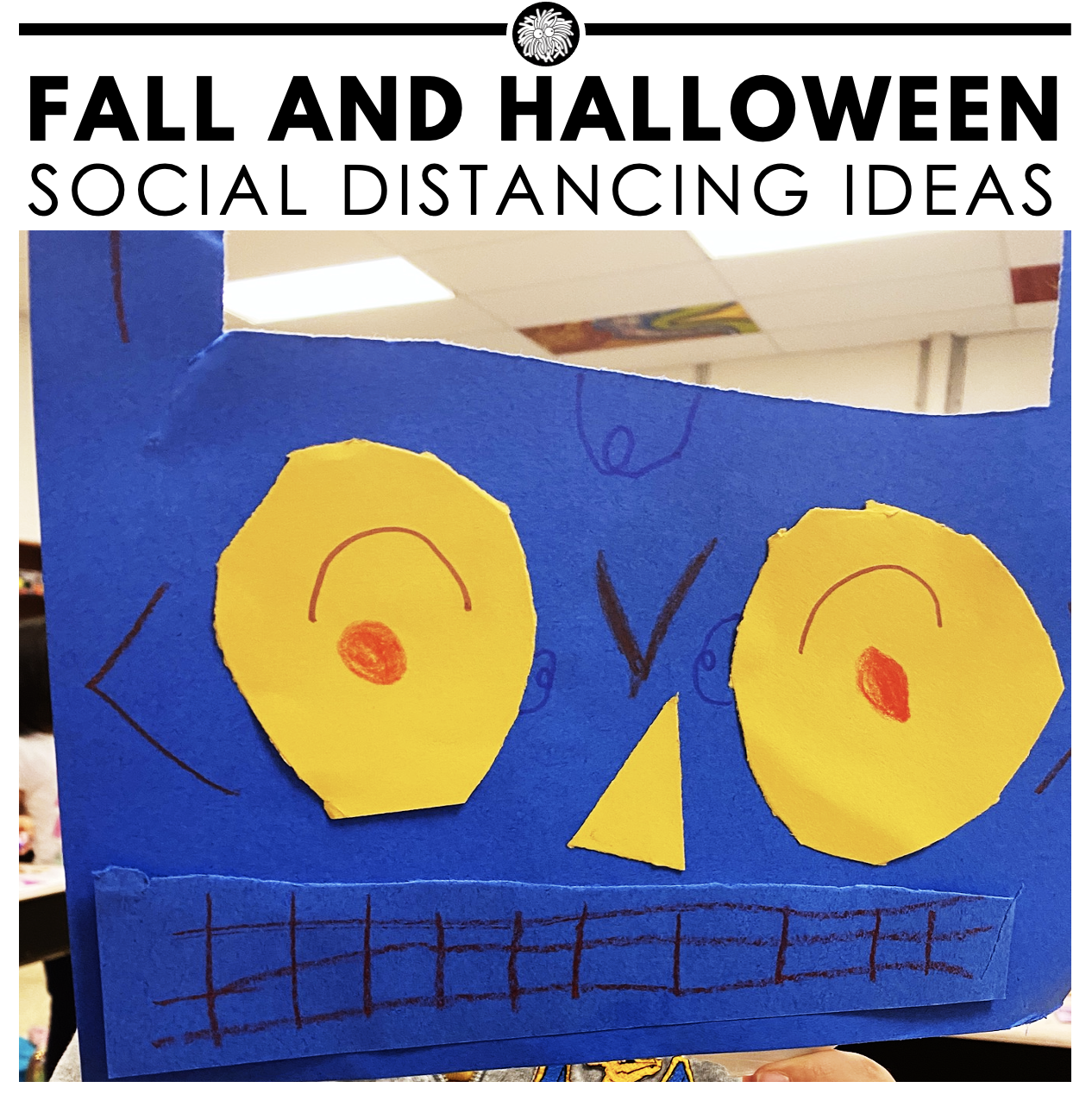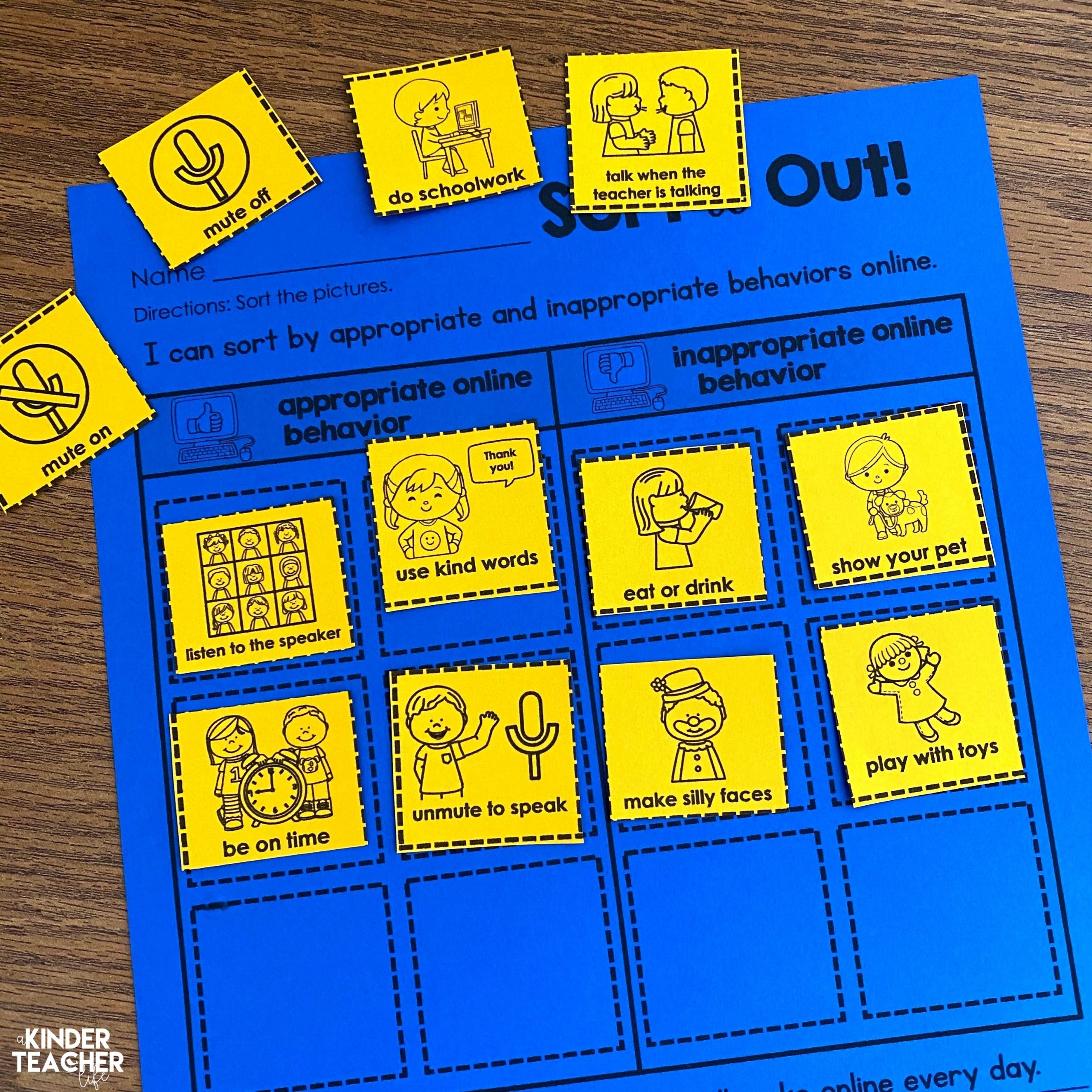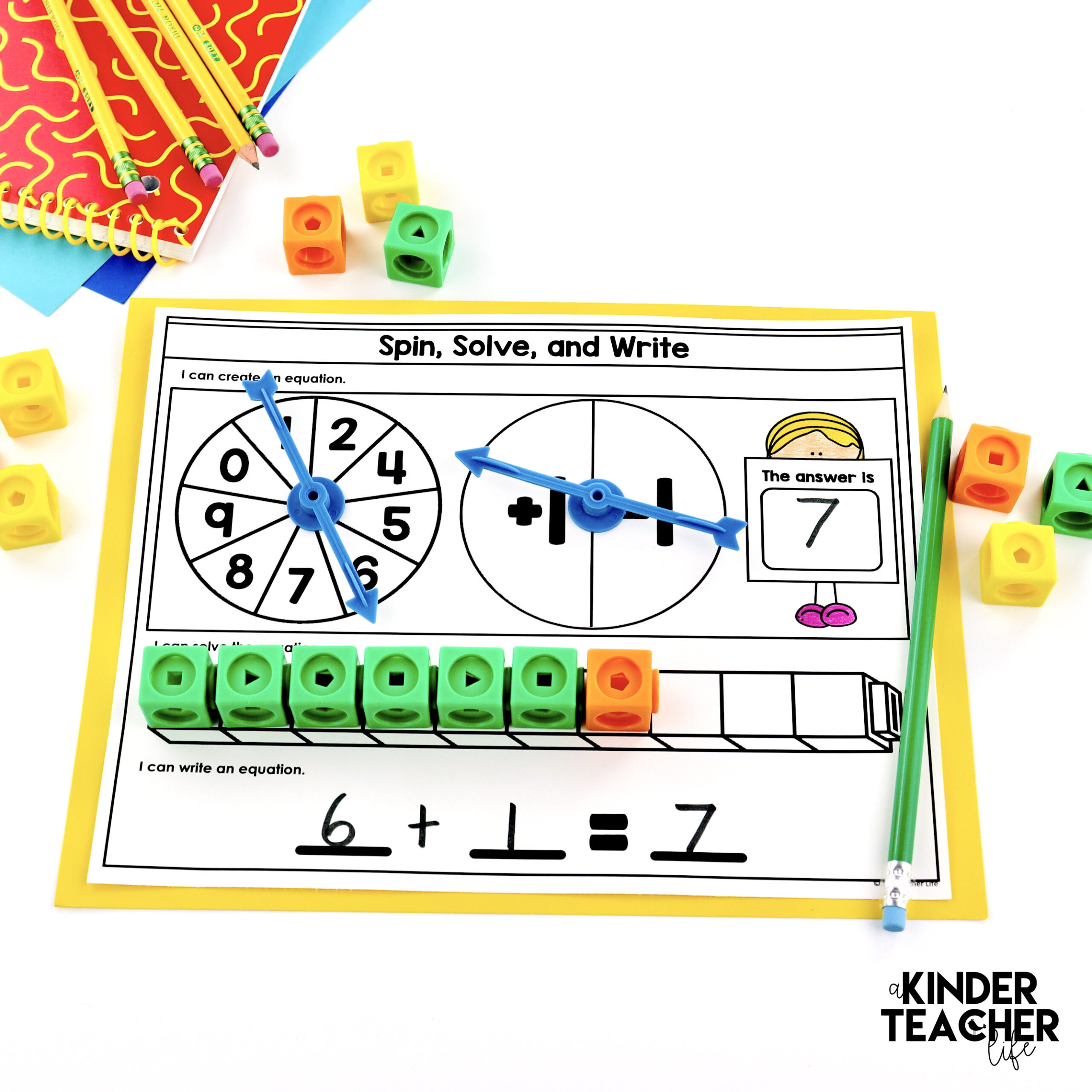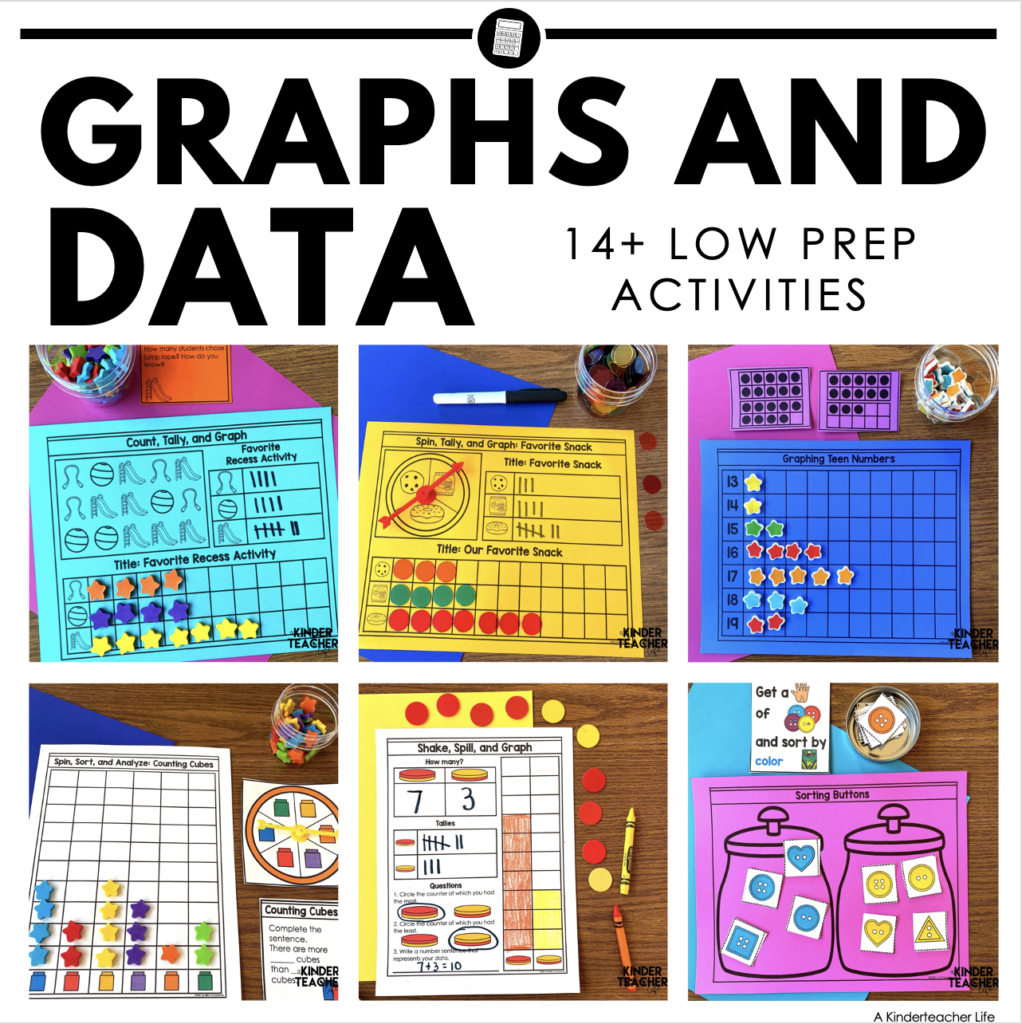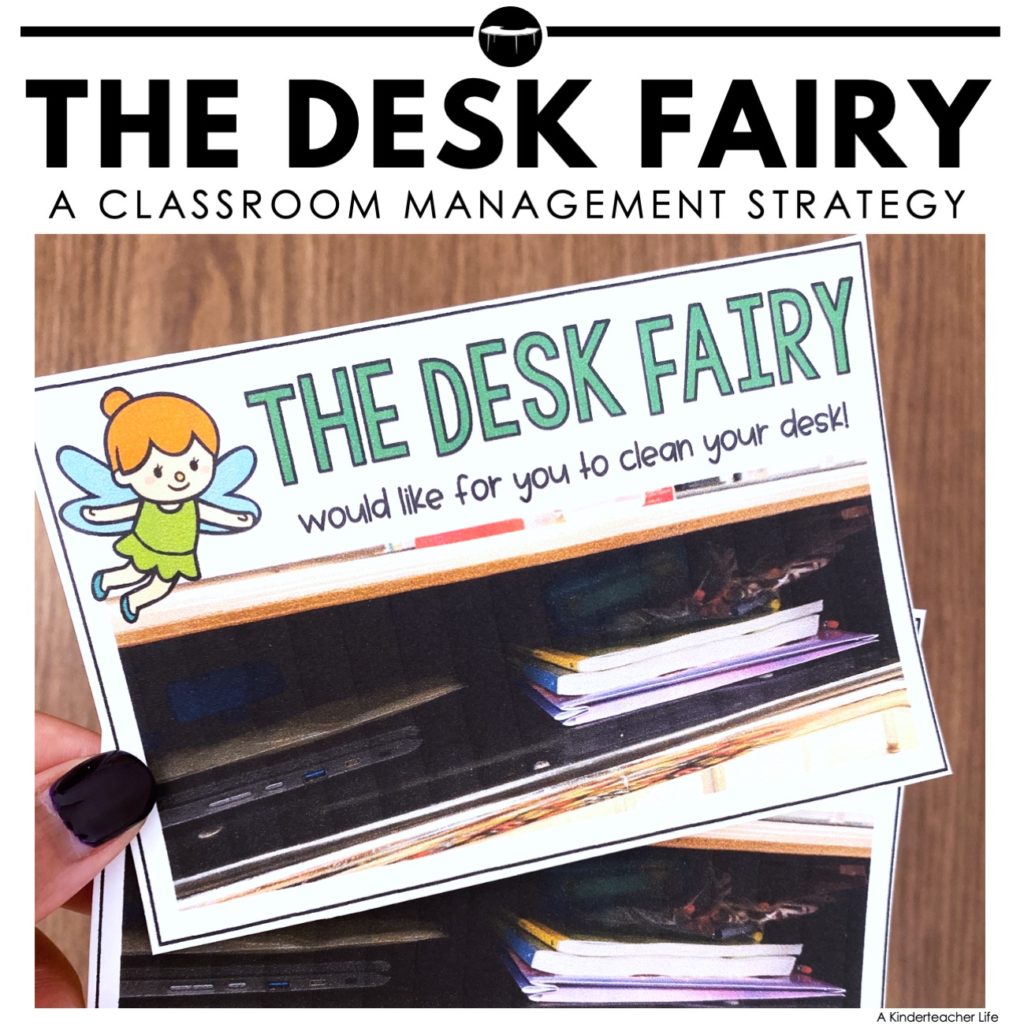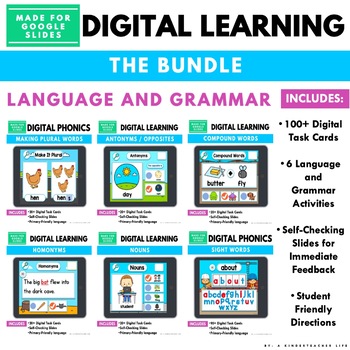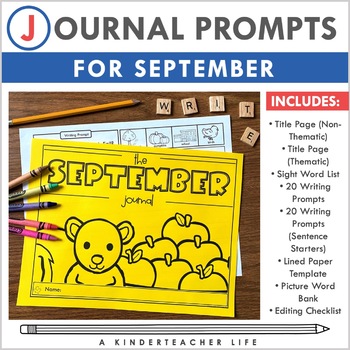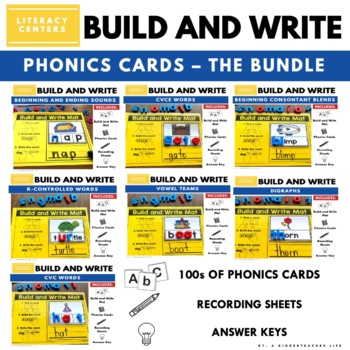Essential Social Skills to Teach
Let’s discuss a crucial aspect of kindergarten – social skills. These skills are the building blocks that set the stage for a lifetime of positive interactions and growth. So, let’s explore some essential social skills like gold nuggets in your child’s development journey.
Empathy: Understanding Others’ Feelings
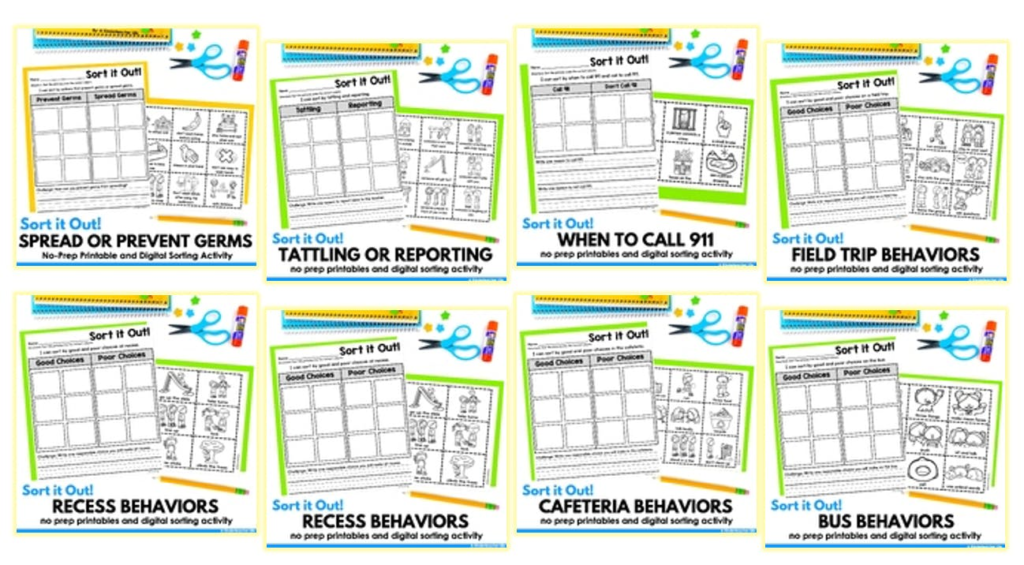
Empathy is the cornerstone of social harmony. In kindergarten, kids begin to grasp the concept of feelings – not just their own but also those of their peers.
What you could do: Encouraging them to understand and share emotions helps cultivate a strong foundation for compassion and empathy through role-playing, affirming their feelings, and listening to them.
Sharing and Cooperation: Teamwork Triumphs
Learning to share toys, take turns, and work together are invaluable skills. These moments of cooperation build friendships and teach them to compromise and the joy of achieving goals as a team.
What you could do: Provide them with opportunities to play, like play centers, or incorporate collaborative learning activities during literacy and math.
Discover how to incorporate one of my favorite STEM activities here. Students engage in inquiry-based learning and collaborative problem solving!
Active Listening: Pay attention
Being an active listener means understanding the value of hearing what others say. That means your eyes and ears are on the speaker, and you add to what they say. It’s a skill that fosters effective communication and strengthens relationships.
What you could do: Model what active listening looks and sounds like. Have students practice using turn and talk and share their learning and opinions.
Problem-Solving: Navigating Challenges Together
Kindergarten isn’t just about ABCs and number counting! It’s also about learning to navigate challenges. They start identifying problems and brainstorming solutions. These little problem-solving sessions teach resilience, critical thinking, and the importance of finding common ground.
What you could do:
- Read social stories about common issues in the classroom or at home.
- Brainstorm a list of how to solve them.
- Encourage role-playing so students can see and practice using the language to problem-solve.
- Collaborate with students to create a list of solutions to solve problems that arise.
Respect for Diversity: Celebrating Differences
Encouraging children to respect and celebrate differences, whether in appearance or background, creates an inclusive environment. It’s a crucial lesson in kindness, open-mindedness, and appreciating the beauty of our diverse world.
What you could do: Read books celebrating different people, cultures, and beliefs. Have students write and share about their family traditions.
Here are some of my favorite books about respecting other people’s names.
Taking Turns and Patience: Building Essential Virtues
Patience is a virtue! Learning to take turns, waiting patiently, and practicing self-control are vital skills that lay the foundation for effective communication and conflict resolution.
What you could do: Set clear expectations and model patience. Students watch how you respond when things don’t go how you want.
Be Responsible: Be a Positive Class Citizen.
Asking students to be responsible is tough. Being a positive-class citizen is making good choices when no one is looking. Being responsible is a life-long virtue they must have beyond their kinder years.
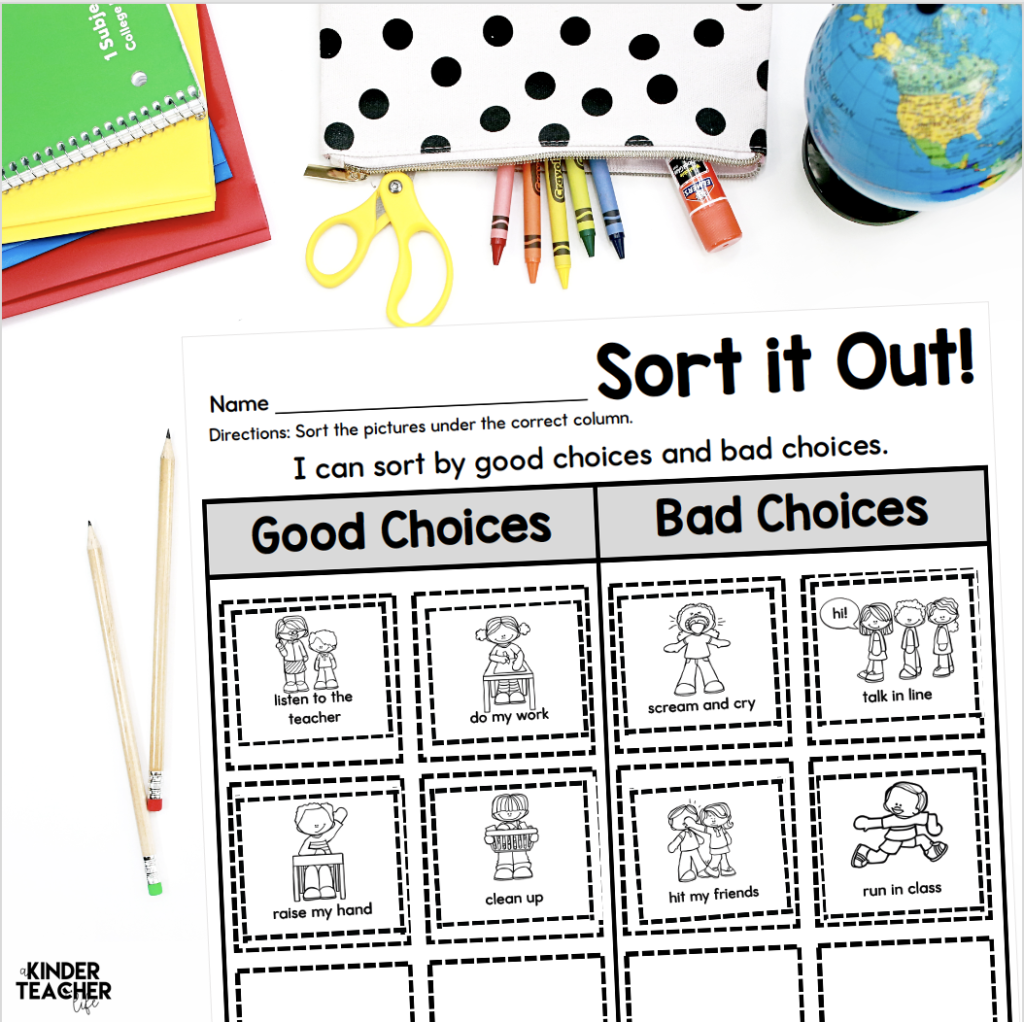
What you could do: Besides modeling, reading, and listening, have students sort responsible and not responsible choices.
In these sorting worksheets, students sort responsible behaviors in the classroom, cafeteria, on the bus, and on field trips.
Grab social skills sorting worksheets
Creating opportunities for interaction, modeling positive behavior, and providing guidance in challenging situations all shape these vital life skills.
Happy teaching,
Tee



